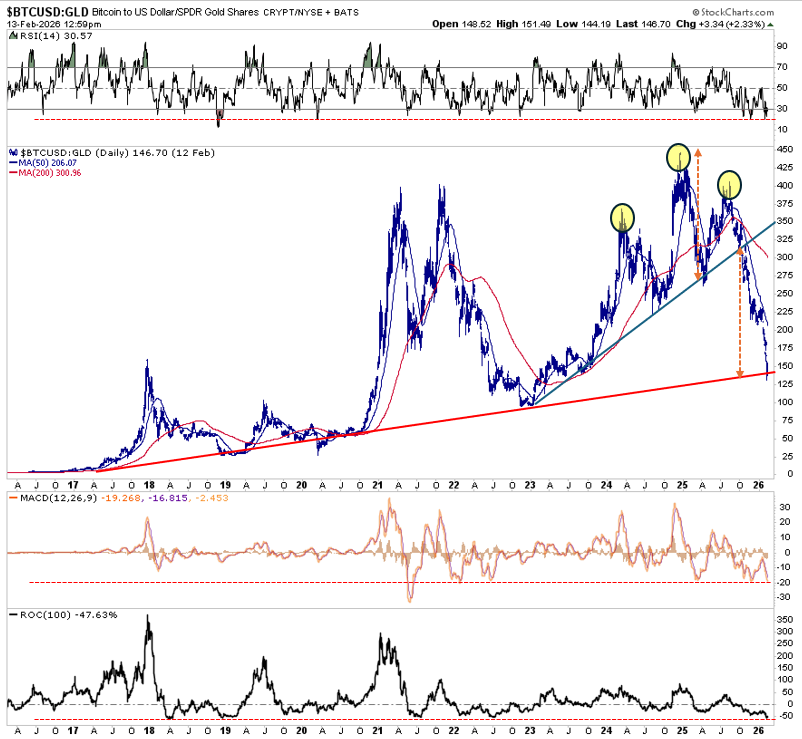 Picture, if you will, a government that deliberately inflicts bad policy on the people. I know this sounds crazy, and could never happen, but please bear with me.
Picture, if you will, a government that deliberately inflicts bad policy on the people. I know this sounds crazy, and could never happen, but please bear with me.
Suppose the government criminalizes hiring someone who produces less than an arbitrary threshold. Or it forces the closure of all businesses deemed to be non “essential”. Or it makes all employers obtain government permission for a long and growing list of things, and then denies permission arbitrarily and capriciously to some, while constantly raising the compliance burden—and hence cost—to the dwindling survivors.
Whatever the high-minded intentions, the end result is that these policies render some people unemployed and unemployable. Change happens at the margin. The marginal worker loses his job. And each bad policy increment raises the margin further.
The Perverse Outcomes of Bad Policy
If this was the full extent of it, then the politicians who imposed these policies would be voted out of office. And their bad policies would be repealed. A direct connection between cause and effect would make it obvious what happened. People could see that the law, though it had high-sounding reasons, actually achieved a perverse outcome.
No doubt workers want a raise. But when the government enacts a minimum wage law, some workers do not get a raise. They get fired. Those fired workers would be leading the angry pitchfork- and torch-wielding crowd calling to vote the bums out of office.
But for one thing.
How Does the Government Get Away With it?
The politicians say it’s terrible that people can’t find work. We should give them welfare. Plus it seems unfair that the cost of living is so high (which is really due to the relentless rise of regulations, which is the rise of mandatory useless ingredients added to all products). They tell us that we need to pay people who don’t work, and people who do work but don’t earn enough to cover the high cost of living. The cost of living is high, because the high-priced goods include many useless ingredients.
Welfare is how the government gets away with bad policies. Welfare is how they get away with impoverishing the people. Bad policies break the legs of the marginal workers. Welfare doles out free crutches.
The Government Consumes Capital
But the doling out of mass quantities of welfare causes another problem. The government cannot pay for it via taxation alone. In the first place, taxes are unpopular. No matter the high virtue-signal of the reasons for the spending, voters only tolerate so much taxation.
Secondly, a higher tax rate does not result in a higher tax take after a certain point. The famous thought experiment of Art Laffer showed that both a 0% tax rate and a 100% tax rate generate no revenue. Maximum tax revenue is achieved somewhere in the middle. There is a limit to how much tax government can take, no matter how high-handed their tax code. Government budgets would seem to be finite.
But for one thing.
Borrowing to Cover the Spread Between Taxing and Spending
People think that it’s terrible that welfare would be restricted by something as low-sounding as tax revenues. Why can’t the government borrow the difference? There. That was easy. There is no longer any particular limit to their high-spending welfare state.
Deficits are how the government gets away with excessive spending. By selling bonds, they get far more from the people, than they ever could by charging taxes. People willingly, and even enthusiastically, buy bonds. But there are two problems.
The Problems with Government Bonds
One, the government may call it “borrowing”, but it has neither the means nor intent to repay. They consume what they borrow. Their borrowing is a fraud. And it will inevitably lead to a crisis.
Two, taxes take people’s income. People know they are poorer for paying their taxes, and so they spend less. But when they buy bonds, they feel that they are saving. And when bond prices go up—as they have been doing since 1981—bondholders feel richer.
While their capital is fed to the vast maw of the welfare state, they feel richer. They spend more, which is called the “wealth effect”.
This is the problem with the monetary system. Not skyrocketing prices. Sinking honesty.
Enjoy this post? Here’s a few other articles you might like:
Where Does Your Profit Come From?
Moving from Gold-Redeemable to Irredeemable Currency
Full story here Are you the author? Previous post See more for Next postTags: Basic Reports,Featured,Gold Exchange Report,newsletter




































